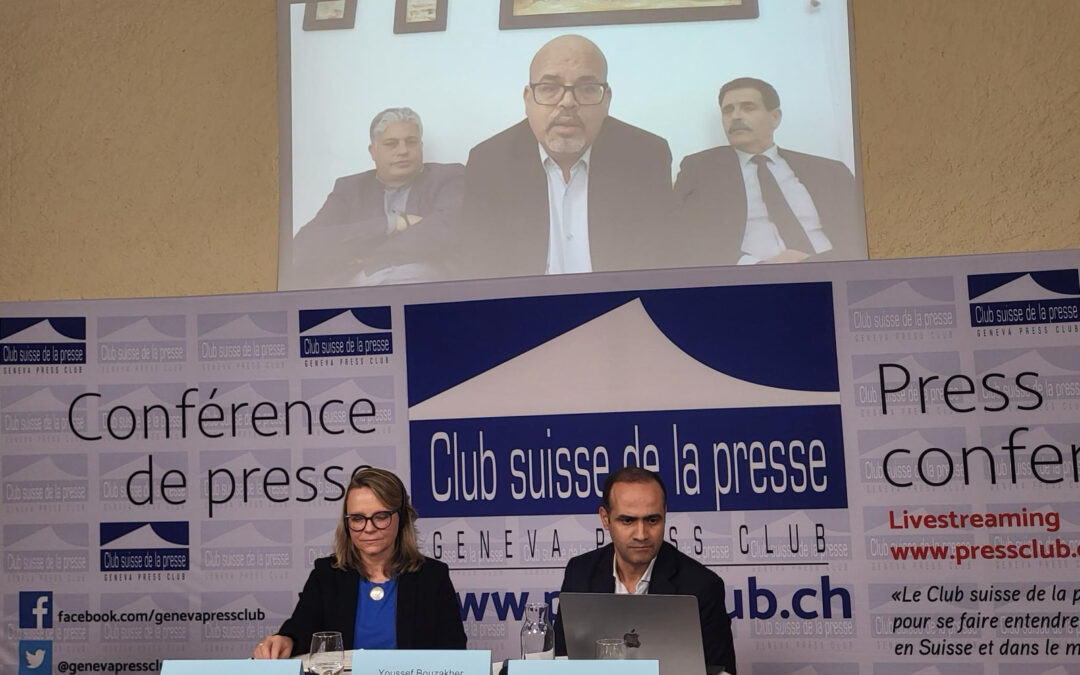

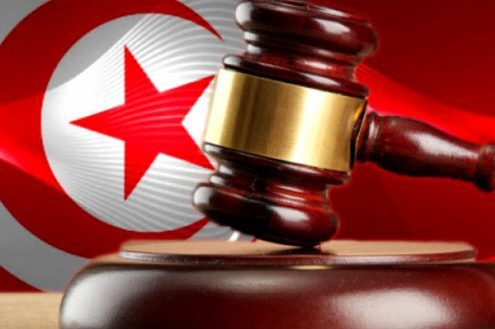
Tunisia: Zied Elheni’s guilty verdict another chilling attack on media and free speech
The ICJ firmly condemns the criminal conviction and sentencing of journalist and columnist Zied Elheni to a six-month suspended sentence of imprisonment on 10 January 2024 on spurious charges — an act of clear retaliation for Zied Elheni’s legitimate exercise of his right to freedom of expression, including to criticize government members.
“This guilty verdict is part and parcel of an escalation in attacks on journalists and another concrete illustration of the Tunisian authorities’ authoritarian drift and of their drive to restrict the legitimate exercise of the right to freedom of expression and to silence independent voices in the country,” said Said Benarbia, ICJ Middle East and North Africa programme director. “These attacks violate media freedom and the right of the public to freely access information and have a chilling effect on free speech,” he added.
On 28 December 2023, Zied Elheni was summoned to appear before the Fifth Central Cybercrime Brigade of the Aouina National Guard, a few hours after he had made a statement critical of the Minister of Commerce on Radio IFM. On the same day, the public prosecutor at the Tunis First Instance Tribunal decided to remand Elheni in custody on suspicion of offences under article 24 of Decree-Law 54; his detention was extended by 48 hours on 30 December.
On 1 January, the public prosecutor at the Tunis First Instance Tribunal charged Elheni with “harming or disturbing third parties through public telecommunications networks,” under article 86 of the Telecommunications Code, and remanded him in custody pending trial. On 10 January, Elheni was tried before the Criminal Chamber of the Tunis First Instance Tribunal and convicted of the charges.
In June 2023, Elheni was arrested and questioned by the Fifth Central Cybercrime Brigade of the Aouina National Guard in a distinct case, following a statement he had made on the radio in which he had criticized the authorities’ arbitrary reliance on the crime of offending the President of the Republic under article 67 of the Criminal Code. He was later released and there have been no further developments in this case.
The ICJ calls on the Tunisian authorities to quash Elheni’s conviction and sentence under article 86 of the Telecommunications Code and to drop all charges against all journalists currently being prosecuted solely for the legitimate exercise of their journalistic duties and the peaceful exercise of their right to freedom of expression, and to immediately cease all practices that impede the independent work of journalists.
Background
There has been a growing pattern of prosecutions against journalists since July 2021 in Tunisia. Monia Arfaoui and Mohamed Boughalleb were prosecuted in March and April 2023 based on Decree-Law 54, in relation to their work as investigative journalists. Noureddine Boutar, journalist and director of Mosaique FM, was also arrested and placed in pre-trial detention in February 2023 in relation to criminal proceedings based on “State security-related” charges aimed to crack down on government critics, before being released on bail in May 2023. The charges against him, however, are still pending.
Contact
Said Benarbia, Director, ICJ Middle East and North Africa Programme, t: +41-22-979-3800; e: said.benarbia(a)icj.org
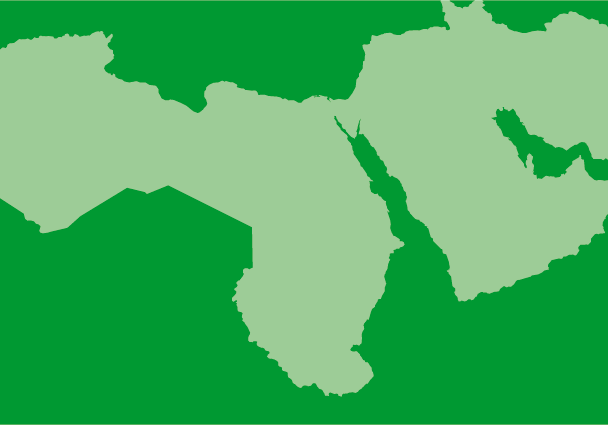
Tunisia: ICJ makes a “follow-up” submission to the UN Human Rights Committee
On 18 December 2023, the International Commission of Jurists (ICJ) filed a submission to the Human Rights Committee (the Committee) on Tunisia’s implementation of the Committee’s 2020 concluding observations regarding the Constitutional Court and the use of counter-terrorism provisions in the context of the Committee’s follow-up procedure.
“Since July 2021, President Kais Said has systematically eroded all checks on his authority, including by curtailing the powers of the Constitutional Court under the 2022 Constitution and by instigating arbitrary prosecutions against those suspected of opposing his rule , including judges, journalists, human rights defenders, and political opponents,” said Said Benarbia, ICJ MENA director. “The Tunisian authorities must abide by their obligations under international law, immediately reinstate a democratic constitutional order, and end the use of the criminal process and counter-terrorism measures to crackdown on dissent and free speech.”
In April 2022, pursuant to the Committees’ request to the State party to provide follow-up information on the implementation of its recommendations regarding the Constitutional Court, the state of emergency and counter-terrorism, and freedom of peaceful assembly and excessive use of force by the State’s agents, Tunisia submitted further information regarding its obligations under the International Covenant on Civil and Political Rights (ICCPR) as they pertain to the above-mentioned concerns. During the Committee’s 140th session between 4 and 28 March 2024, this information, and Tunisia’s implementation of the Committee’s recommendations on the same, will be reviewed.
The ICJ’s submission to the Committee highlights a number of ongoing human rights concerns with respect to the country’s implementation of and compliance with the provisions of ICCPR, which are not adequately addressed in the State’s submission of further information, including:
- Article 2(3). By failing to establish a Constitutional Court, and by severely limiting the independence and powers of the Constitutional Court under the new Constitution – should one ever be established – Tunisia has failed to provide recourse to resolve disputes about the constitutionality of the exceptional decrees promulgated by the President under the state of exception, including by removing the power of the legislature to challenge the constitutionality of such decrees in the new Constitution;
. - Article 4(1) and (3). By failing to specify the nature of the public emergency that purportedly necessitated the suspension of the Constitution in July 2021 per article 80 of the 2014 Constitution on state of exception, and the corollary interference with ICCPR rights, and by failing to notify the derogation to these rights, Tunisia has failed to meet its obligations to prove and ensure that the exceptional measures adopted by the President were “strictly required by the exigencies of the situation”;
. - Article 9(1). By arbitrarily detaining perceived political opponents, lawyers or judges under counter-terrorism provisions without reliable evidence, Tunisia is unlawfully interfering with their right to liberty;
. - Article 19 (1) and (3). By arbitrarily investigating and prosecuting members of the judiciary, political opponents and lawyers under counter-terrorism provisions, Tunisia is unlawfully interfering with their right to express their opinions both in their professional and personal capacity; and
. - Article 14(1). Through interference in the appointment, career, disciplining and dismissal of judges, prosecutors and High Judicial Council members, the President has undermined the independence and impartiality of tribunals presiding over criminal investigations and prosecutions, including with respect to counter-terrorism proceedings against perceived political opponents and members of the judiciary.
Contact
Said Benarbia, Director, ICJ Middle East and North Africa Programme, t: +41-22-979-3800; e: said.benarbia(a)icj.org
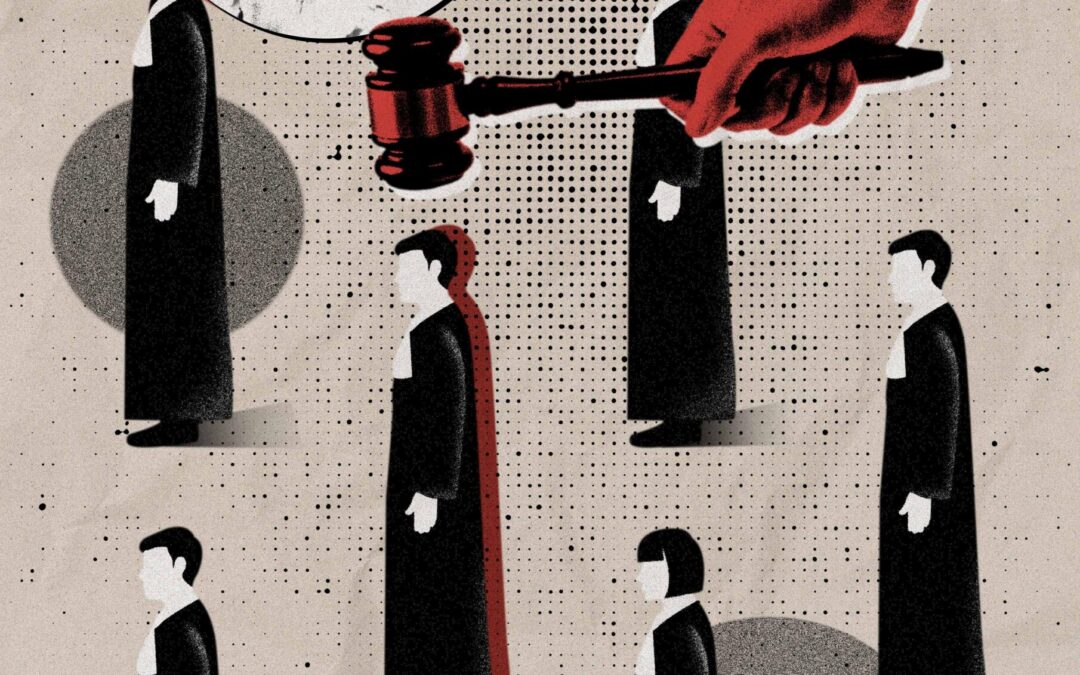
Tunisia: Authorities must end Attacks on Judges and Prosecutors
In a briefing paper published today, the ICJ called on the Tunisian authorities to immediately end their attacks on independent judges and prosecutors, drop any criminal charges against them, and reinstate all those arbitrarily dismissed.
On 1 June 2022, President Kais Saied granted himself, via decree, absolute power to fire judges and prosecutors summarily, and [on the same day] promptly dismissed 57 of them. The President had earlier pledged to “cleanse” the judiciary on spurious accusations of widespread political bias and corruption.
The ICJ analysis of the cases of 18 dismissed judges and prosecutors, as well of another judge subjected to disciplinary and criminal proceedings, establishes a pattern of arbitrary disciplinary and criminal processes effectively aimed at purging the judiciary of those who asserted their independence and challenged the dismantling of the institutional independence of the judiciary.
“The ongoing arbitrary criminal prosecutions against independent judges and prosecutors for the legitimate exercise of their professional functions or of their right to freedom of expression is an affront to the rule of law and judicial independence in Tunisia,” said Said Benarbia, ICJ MENA director. “The authorities must immediately end such prosecutions and reinstate all judges and prosecutors who have been dismissed without legitimate grounds or due process”
In the aftermath of his speech on 25 July 2021 announcing exceptional measures, the President promised to “cleanse” and “purify” the judiciary, which he accused of complicity with political parties in power before July 2021, as well as of inefficiency, corruption and political bias. He also targeted the High Judicial Council and its members, limiting certain of their financial benefits. Since then, the President has followed up on his rhetoric with successive decisions and measures aimed directly at dismantling the judiciary’s institutional independence.
The ICJ’s analysis examines the process of arbitrarily dismissing and prosecuting judges and prosecutors in Tunisia since the adoption of these measures in light of the country’s obligations under international human rights law.
The ICJ’s analysis is primarily based on: (i) a review of 20 criminal cases opened by the authorities against 18 dismissed magistrates and of the case of Anas Hmedi, the President of the Association of Tunisian Magistrates (AMT), which is directly linked to his support of the dismissed judges and proseuctors; (ii) 15 interviews with judges, prosecutors and their lawyers; (iii) an analysis of the First President of the Administrative Court’s decisions to suspend the dismissal of 49 magistrates and to dismiss the request for suspension of seven others; and (iv) an analysis of decisions and reports by the General Inspection Service, the High Judicial Council and the Temporary High Judicial Council.
The ICJ considers that the conduct of the dismissed judges and prosecutors, on the basis of which they have apparently been subject to criminal proceedings, did not amount to recognizably criminal offences under general principles of criminal law and international human rights law and standards.
On the contrary, the ICJ’s analysis of these cases establishes that these judges and prosecutors were arbitrarily dismissed and then subject to criminal proceedings in relation to serious offences solely for three types of conduct, none of which is a legitimate basis for criminal prosecution:
- for the exercise of their prosecutorial and judicial functions in compliance with the law and ethical standards, and
- for the exercise of human rights protected by international human rights law, including the rights to freedom of expression and freedom of association
- for private conduct, unrelated to their performance of their duties, which, in any event, was not criminal in nature.
Contact
Said Benarbia, Director, ICJ Middle East and North Africa Programme, t: +41-22-979-3800; e: said.benarbia(a)icj.org
Download:
Download ICJ briefing on Attacks on Judges and Prosecutors in Tunisia in English: Here
Download ICJ briefing on Attacks on Judges and Prosecutors in Tunisia in Arabic: Here
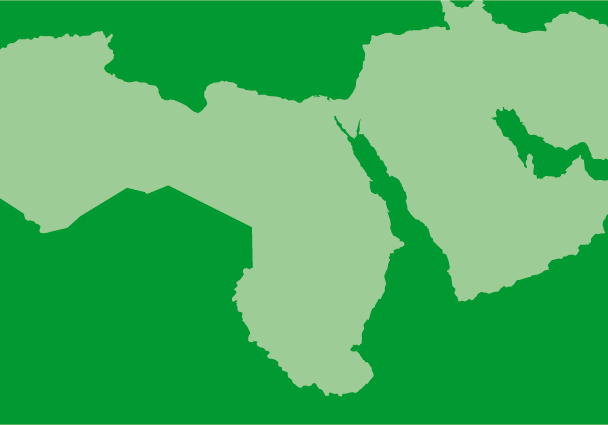
Israel/OPT: Joint Support for Call for a Conference of High Contracting Parties to the Fourth Geneva Convention 1949
In light of credible allegations of ongoing violations of international humanitarian law arising from the protracted armed conflict in Israel and the Occupied Palestinian Territory, in particular in the Gaza Strip, the International Commission of Jurists (ICJ), Amnesty International (AI), and Human Rights Watch (HRW) support the call by a number of High Contracting Parties to the 1949 Geneva Conventions addressed to Switzerland, in its capacity as the depository of the four Geneva Conventions, to convene an urgent Conference of High Contracting Parties to the Geneva Convention Relative to the Protection of Civilian Persons in Time of War of 12 August 1949 (“the Fourth Geneva Convention”).
This call is based on Common Article 1 to the four Geneva Conventions, which states that “The High Contracting Parties undertake to respect and to ensure respect for the present Convention in all circumstances”. Underscoring the continued relevance of this body of law, the ICJ, AI, and HRW recall operative paragraph 1 of the UN Security Council Resolution 2712 on the situation in the Middle East, including the Palestinian question, of 15 November 2023 demanding “that all parties comply with their obligations under international law, including international humanitarian law, notably with regard to the protection of civilians, especially children.” In the same vein, our organisations recall operative paragraph 2 of the UN General Assembly, entitled Protection of civilians and upholding legal and humanitarian obligations, of 26 October 2023 demanding “that all parties immediately and fully comply with their obligations under international law, including international humanitarian law and international human rights law, particularly in regard to the protection of civilians and civilian objects, as well as the protection of humanitarian personnel, persons hors de combat, and humanitarian facilities and assets”.
The ICJ, AI, and HRW call on all High Contracting Parties to uphold the fundamental principle of international law that treaties must be executed in good faith, and fulfil their obligations under Common Article 1 “to ensure respect” for the Fourth Geneva Convention by participating in the Conference and acting collectively to prevent further violations of international humanitarian law in the Occupied Palestinian Territory and Israel.
The ICJ, AI, and HRW consider that in the circumstances currently prevailing in Israel and the Occupied Palestinian Territory, including, in particular, the Gaza Strip, ensuring respect for international humanitarian law requires, at a minimum, a suspension of arms transfers to the parties to the conflict; ensuring accountability for serious violations of international humanitarian law; supporting and cooperating with the Independent International Commission of Inquiry on the Occupied Palestinian Territory, including East Jerusalem, and Israel, and with the International Criminal Court’s ongoing Palestine investigation; and supporting other pathways to accountability including through the principle of universal jurisdiction.
Contact:
Said Benarbia, Director, ICJ Middle East and North Africa Programme, email: said.benarbia@icj.org
Katherine Iliopoulos, Legal Adviser, ICJ Middle East and North Africa Programme, email: katherine.iliopoulos@icj.org



